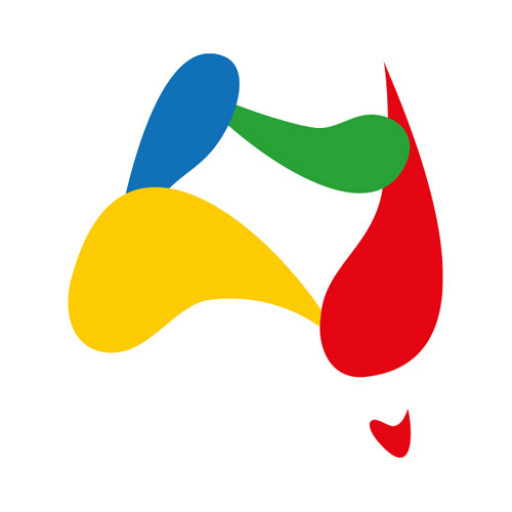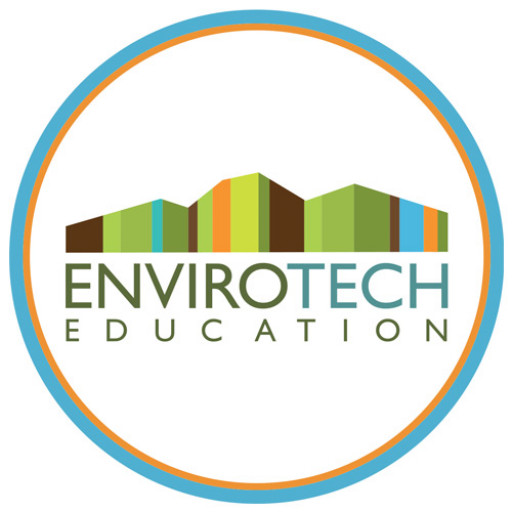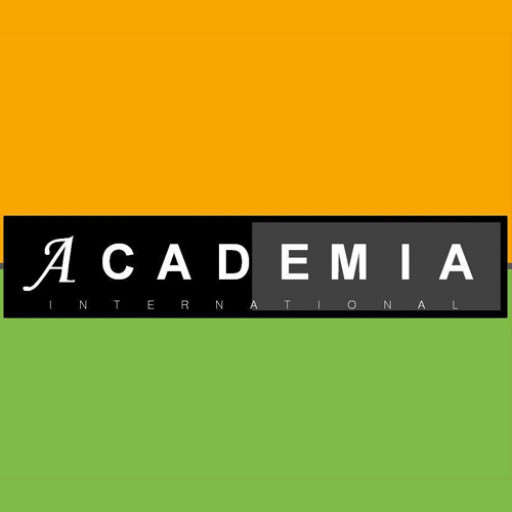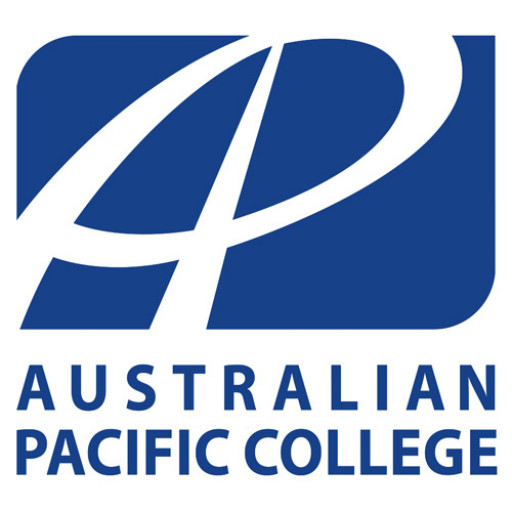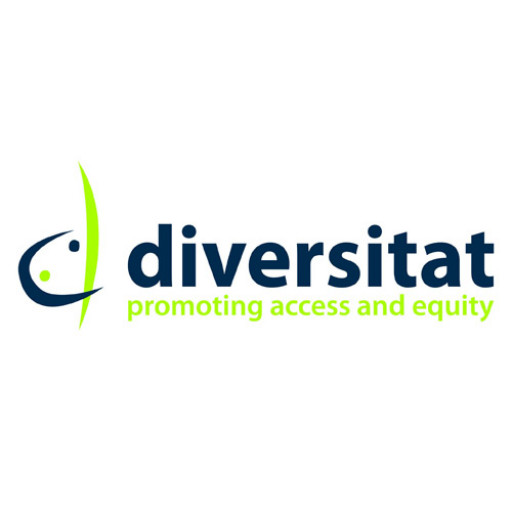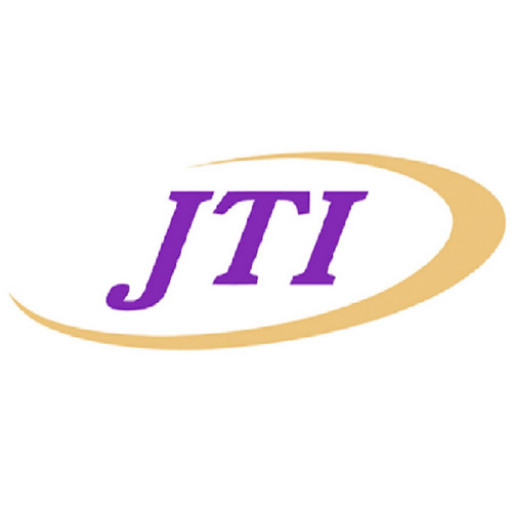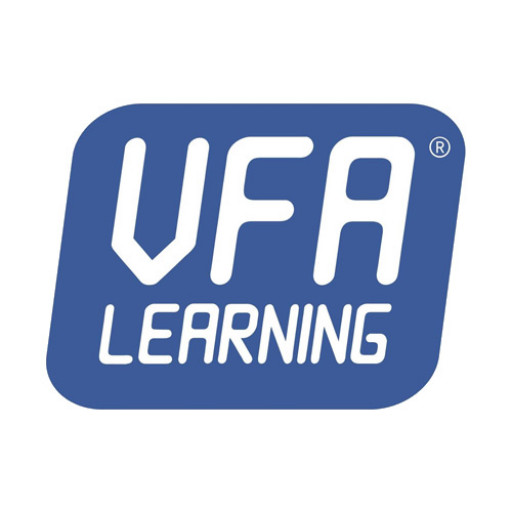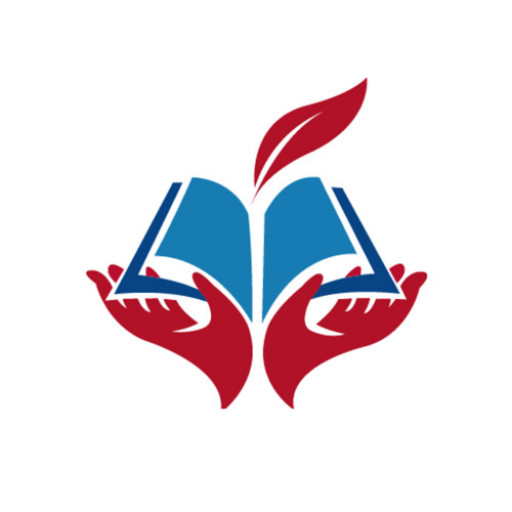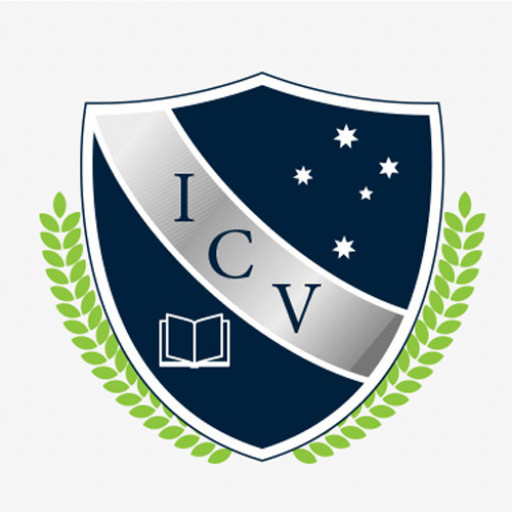This qualification reflects the use of workers in a range of early childhood education settings who work within the requirements of the Instruction and Care Services National Regulations and the National Quality Standard. They support the implementation of an approved learning frame, and support children\u2019s wellbeing, learning and development. Based on the setting, educators might work under direct oversight or autonomously.Under the Education and Care Services National Law (2011) the Australian Children\u2019s Education and Care Quality Authority (ACECQA) recommends lists of approved early childhood education and care qualifications and informationregarding regulatory standards here: www.acecqa.gov.au
The Early Childhood Education and Care program at Stanley College is designed to prepare students with the essential skills and knowledge required to work effectively with young children in various educational and care settings. Throughout this comprehensive course, students will explore a wide range of topics including child development, learning theories, inclusive education, health and safety practices, and communication skills. The program emphasizes practical application, allowing students to gain hands-on experience through supervised placements in early childhood settings such as preschools, childcare centers, and kindergartens.
Students will learn how to create engaging and developmentally appropriate activities that support children's physical, social, emotional, and cognitive growth. The curriculum also covers important aspects of family engagement, cultural competence, and ethical considerations in early childhood education. By understanding the diverse backgrounds of children and their families, students will be equipped to foster inclusive learning environments that respect individual differences.
The program adheres to the national standards for early childhood educators, ensuring that graduates are well-prepared to meet industry requirements. In addition to theoretical knowledge, students will develop essential skills such as observation and assessment, behavior management, and collaboration with colleagues and families. The course aims to cultivate professionalism, creativity, and critical thinking in future educators.
Graduates of the Early Childhood Education and Care program will be qualified to work in various roles within the early childhood sector, including childcare educator, preschool teacher, and family support worker. The program also provides a solid foundation for further study in early childhood education or related fields. With a focus on lifelong learning and continuous professional development, students will be equipped to make meaningful contributions to the well-being and development of young children, supporting their journey toward a bright future.
Applicants must possess a high school diploma or equivalent qualification. Previous experience in early childhood education is preferred but not mandatory. Candidates are required to demonstrate proficiency in English language skills, typically through standardized tests such as IELTS or TOEFL, with minimum scores as specified by the college. The program is designed to accommodate both domestic and international students, ensuring inclusive access to quality education in Early Childhood Education and Care. Applicants must complete the standard application form and submit all necessary supporting documents, including academic transcripts, proof of identity, and any relevant certifications. As part of the admission process, prospective students may be asked to participate in an interview to assess their motivation, communication skills, and commitment to working with children. The college emphasizes the importance of a strong foundation in child development theories, health and safety standards, and effective communication strategies with young children and their families. Practical experience is an integral component of the program, with students required to undertake supervised placements in approved early childhood settings. These placements are designed to provide hands-on learning opportunities to develop practical skills, observe child behavior, and apply theoretical knowledge in real-world environments. The program curriculum covers a comprehensive range of topics, including childhood psychology, educational methodologies, inclusivity and diversity, nutrition, and legal and ethical considerations in early childhood care. Successful completion of coursework, supervised practical placements, and examinations are prerequisites for graduation. Graduates will be awarded a Certificate III in Early Childhood Education and Care, qualifying them for entry-level positions in the sector. The program aims to equip students with the necessary skills and knowledge to support the holistic development of children, fostering their social, emotional, and cognitive growth. It also prepares students to work collaboratively with families, community organizations, and other educational professionals to create nurturing and stimulating learning environments. The overall duration of the program is typically 12 to 18 months, depending on whether students undertake full-time or part-time study. Admission is open year-round, with intakes scheduled to ensure continuity of learning and placement opportunities. Financial assistance options, such as scholarships or government-funded support, may be available to eligible students. It is highly recommended that prospective students review the specific entry criteria and application deadlines published on the Stanley College website to ensure timely submission of their application and supporting documents.
The Stanley College offers various financing options for students enrolled in the Early Childhood Education and Care program. Students can access Commonwealth Supported Places (CSP) under the Australian Government’s Higher Education Loan Program (HELP), which allows eligible students to defer tuition fees and repay them via the tax system after reaching a specified income threshold. This support significantly reduces the upfront cost of studies, making higher education more accessible for domestic students. For international students, payment options typically involve full fee payment per unit or semester; specific details about payment plans or scholarships are not publicly detailed. Stanley College also provides information about scholarships, grants, or bursaries that may help reduce financial burdens; however, such opportunities may be limited or vary each academic year. Students are encouraged to contact the college’s admissions or student services department to inquire about possible financial aid, payment plans, or external scholarship opportunities. Moreover, some students might finance their studies through student loans or part-time employment. The college commonly advises prospective students to explore government funding options, employer sponsorships, or other external financial assistance programs tailored to early childhood education. Overall, Stanley College emphasizes that financing studies can be managed through a combination of government support, scholarships, flexible payment options, and personal budgeting, designed to accommodate diverse student needs and ensure access to quality education in early childhood development.
The Early Childhood Education and Care program at Stanley College is designed to equip students with the essential skills and knowledge required to work effectively with young children in a variety of settings, including childcare centers, preschools, and community programs. This qualification emphasizes a comprehensive understanding of child development, learning theories, and the importance of creating safe, supportive, and engaging environments for young children to thrive. The curriculum includes modules on child health and safety, developmental milestones, communication skills, and inclusive practices to accommodate children from diverse backgrounds and with special needs. Practical experience is a core component of the program, allowing students to apply theoretical concepts in real-world settings under the supervision of qualified educators. This hands-on training enhances their ability to plan and implement educational activities that promote children's social, emotional, and cognitive development.
The program is designed to meet educational standards and industry requirements, ensuring graduates are well-prepared for immediate employment or further study in the early childhood education sector. It also emphasizes the development of critical skills such as teamwork, communication, and problem-solving, which are essential for effective collaboration with colleagues, parents, and community stakeholders. Students have access to state-of-the-art facilities and resources, including specialized teaching tools and materials that simulate a professional early childhood environment. The faculty members are experienced educators committed to providing ongoing support and mentorship throughout the course.
Graduates of the Early Childhood Education and Care program at Stanley College are qualified to pursue careers as early childhood educators, preschool teachers, childcare coordinators, or activity leaders. Additionally, they are equipped with the foundational knowledge to pursue further qualifications, such as diploma or degree programs in early childhood education and related fields. The program aligns with national standards and frameworks, including the requirements set out by relevant accrediting bodies, to ensure that students' qualifications are recognized and valued across regions. Overall, this program is ideal for individuals passionate about making a positive impact on children's lives and seeking a rewarding career in the early childhood education sector.
